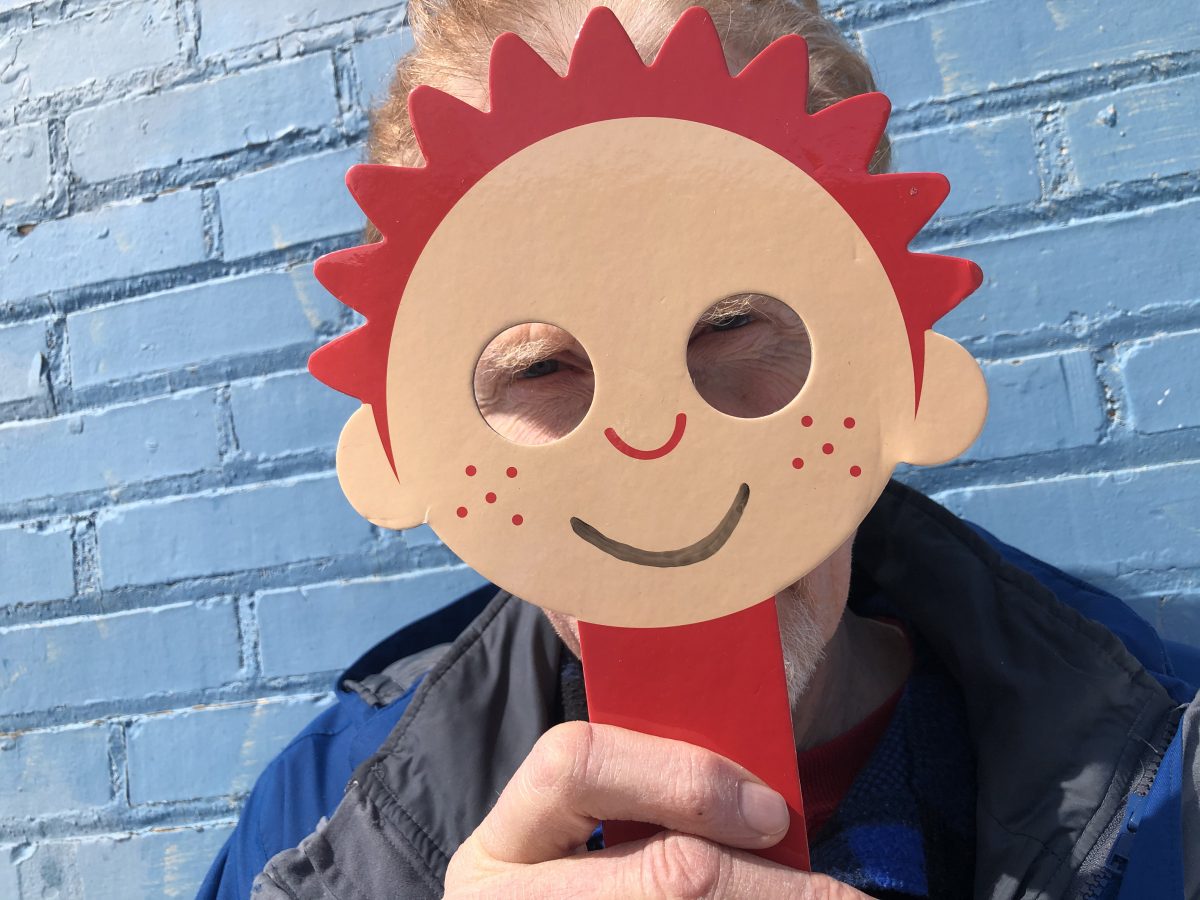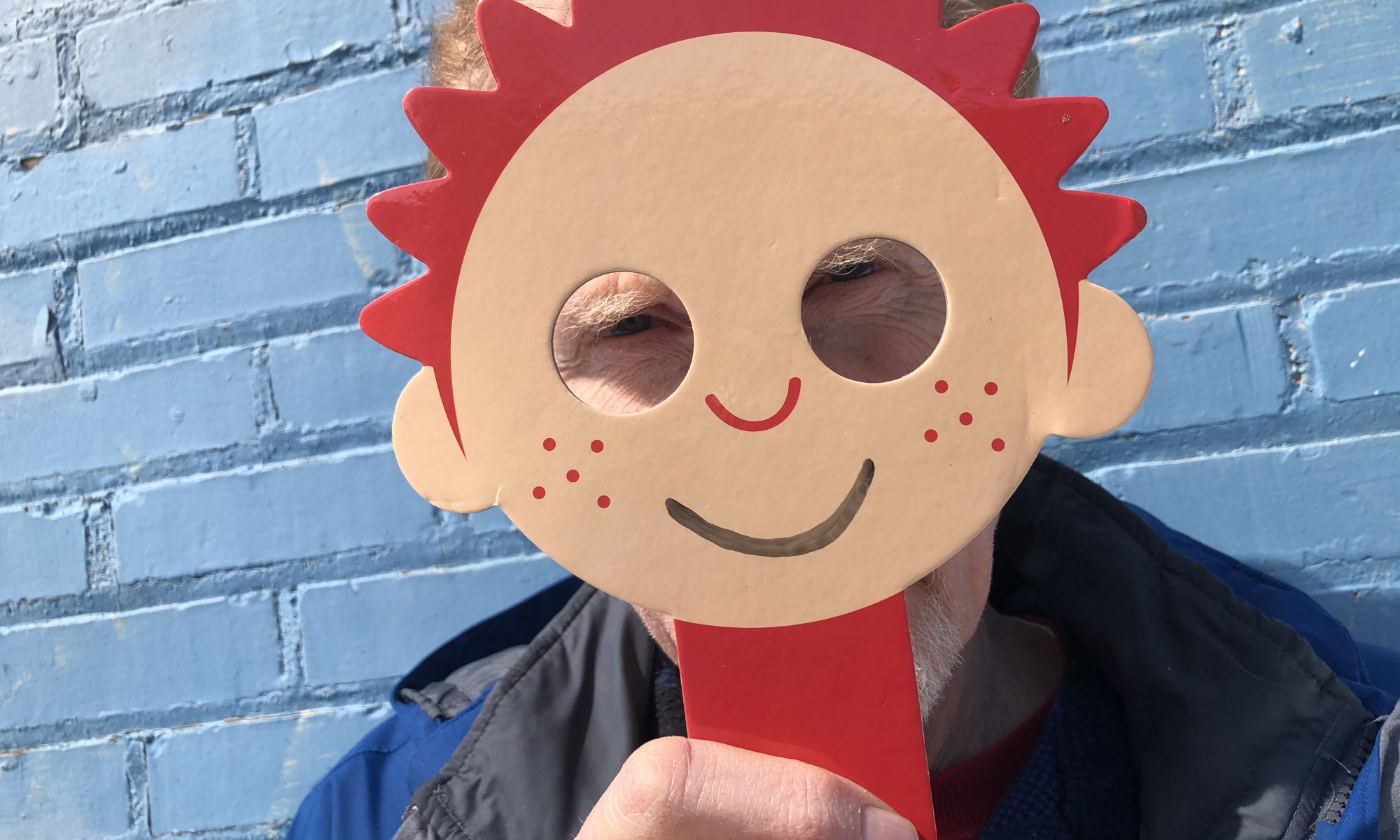
Fixing Yourself
Are you moody? How do you handle mood swings?
We all have mood swings to some extent, although some people don’t seem to show it. Depending on what your temperament is, your mood swings may be either less dramatic or more dramatic.
Phlegmatics have less dramatic mood swings by nature. They are the “plodders” who just keep going every day until they accomplish their objectives. They are the type that tend not to get too excited at great victories, or too discouraged when they encounter a perceived defeat.
Melancholics, on the other hand, can have large mood swings. One day they may be riding on top of the wave of something they have accomplished and then sink to the bottom when the adrenalin runs out. Melancholics are usually the creative types. Some of the great musicians and artists of our past were melancholics. The melancholic temperament may be harder to manage, because melancholics tend to be vulnerable to periods of depression. They are moody people and sometimes are hard to figure out. Some preachers are melancholics, too. The great preacher, Charles Spurgeon, was given to prolonged periods of depression.
Fortunately, or unfortunately, depending how you look at it, my temperament is mostly melancholic. I was once hired by a multimedia company in downtown Minneapolis, because the owner said I was extremely creative. This was both a compliment and a curse, because my associates always expected a high degree of creativity out of me. They always expected me to “hit a home run.”
Well, if I was riding the wave of creativity, I could usually come up with great ideas. But if I was physically tired or exhausted, I couldn’t come up with anything. In those moods, I usually was just trying to hold on until quitting time so I could go home and sleep.
Later, after I left that company and began my own operation of producing large youth events, I had to deal with my mood swings. Often, they are just tied to one’s physical state, whether he or she is rested or very tired.
When I would return from a 10-day road trip, I would struggle for two days. I was too tired to work much, so I would try to rest and recover my energy. But when you are exhausted, this is when Satan attacks. Doubts about my ability to succeed or to see a project through to its finish would come upon me by the truckloads. I would struggle with fears that the event I was working on would crash and burn, or that those I was working with in the prospective city would decide to quit, and all of my weeks or months of work would be for nothing.
The Fort Wayne, Indiana event was aborted twice, before my third try was a success. That event reached an audience of over 20,000 through school assemblies and the big event at the coliseum. It certainly was a testimony to the principle, “Whatever you do, don’t quit.”
So, what can you do to make sure you don’t “crash and burn?”
God has built a safeguard into our lives, if we will listen and follow what He says to do. The biggest factor is the Sabbath, or a day of rest. We are not built to work seven days a week, without a day of rest. If we violate this principle, sooner or later, we will crash and burn, physically or emotionally, or both.
A day of rest doesn’t necessarily mean you just sit in an easy chair all day, with a book, or to watch your favorite videos, although that can work. The important thing is that you somehow get away from your work. Get it off your mind, enjoy yourself, doing something for “you.”
In the midst of my event producing, and being on the road for sometimes 10 days at a time, God directed me to something that really “restored my soul.”
When I got home, from being on the road, I would try to immediately take the next day off. I would get in the car and drive an hour north to the Namekagon River, just over the Minnesota boarder in Wisconsin. There I would rent a canoe and do a four hour float trip.
It was glorious. In my favorite stretch of the Namekagon River there was nothing but beautiful wilderness. The beauty and solitude of that wilderness would really restore my constitution, both physically and emotionally.
Then the next day I would be fresh again, and ready to go to work with a good measure of joy and gusto.
My wife, Lorraine, has suffered most of her life with chronic PTSD. In order to function in life and “heal” to a degree, she had to learn “self care.” In simple words, that means, “Take care of yourself. Don’t abuse the body and soul that God has given you.”
Different people are restored in different ways, because we all have different personalities.
If you are prone to burnout or depression, you must find methods of self care to honor and respect your body and mind. It is God’s way. It is His desire!
Many are not able to afford to take a canoe trip every week. Very understandable. If your money is tight, don’t despair. There are things you can do that will cost very little.
Find something you love to do, and do it. Lorraine’s solution to keeping her PTSD under control is creative stuff. She buys things for next to nothing at thrift stores and repurposes them. She makes really beautiful and creative items.
Some of the things she sells, and a lot of them she gives away as gifts to our contributors or friends. Not only does she have the satisfaction of making them but she gets great pleasure from giving.
If you reach the precipice of depression or are having trouble just functioning, turn to your remedy, the thing or things that you have discovered “restores your soul.”
Sometimes doing a series of things in short segments is the ticket.
When I am at home, can’t get away, and need some restore time, I might read a book, or some scripture for 20 minutes, then go outside for some fresh air, then come back inside and work on a “paint by number” for 20 minutes. By continuing to repeat things in short segments, I can usually get my frame of mind and emotions back to a good state.
For some people, the answer is exercise. A friend of mine used to really struggle with long bouts of depression. He learned that by running . . . and running, and running some more, he could over some time, work his way out of his depression.
The key is that you must be proactive; you must take positive action.
If you just sit around with a victim mentality, stuck in replaying your “poor me,” tapes over and over again in your head, you will stay in your depression, and likely your mental state will just get worse and worse.
Don’t do it! Get up off your duff, and ask God to help you find the formula of activity that will make you better. God wants you healthy and whole, but he most certainly needs effort on your part.
Honestly, He can’t do much for an individual who insists on indulging in a “victim mentality.”
If you suffer from depression, or emotional malfunction, or physical affliction due to neglect . . . and you want to fix it, all I can say is, “Happy trails to you.”
I leave you with these thoughts, which are God’s thoughts toward you:
The Lord is my shepherd; I shall not want.
He makes me lie down in green pastures.
He leads me beside still waters,
He restores my soul.
Psalm 23:1-2 (NIV)
Photograph taken and designed by Lorraine
